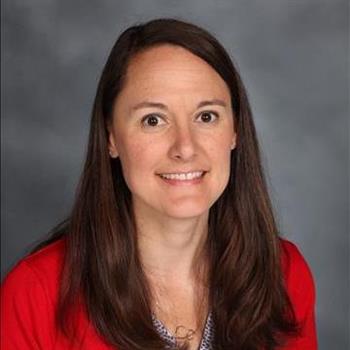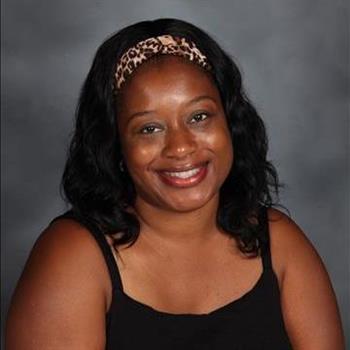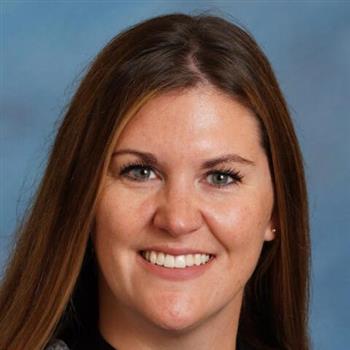Student Services
Page Navigation
-
Occupational Therapy & Physical Therapy
Occupational Therapy and Physical Therapy assess fine motor, gross motor, visual perceptual, visual motor and sensory processing with students who demonstrate difficulties in those areas within the school setting. They create individualized therapy programs, in coordination with the educational team, to assist students to reach their fullest potential. Therapists not only provide direct service for students under an IEP (Individualized Education Program) or 504 Plan, they also consult with teachers, staff, parents and all team members to meet the needs of students. Therapists bring a developmental eye to the table and offer a unique perspective on student development.Psychologist
The school psychologist acts as a child advocate to support the social, emotional, intellectual and academic growth of all children. The school psychologist works with the classroom teacher and other support staff when concerns arise in the classroom. The school psychologist assesses a student's level of cognitive development, learning style, emotional and behavioral needs. Through intervention, the psychologist may work on problem-solving, conflict resolution, or social skills with either an individual student or a small group of students. Sometimes organization, self-management and other needs are addressed.Social Worker
School Social Workers are the link between home, school and the community. As members of the educational team, school social workers promote and support students' academic and social success by providing specialized services that include:• Individual and group counseling• Consultation to both teachers and parents• Classroom interventions• Crisis intervention• Coordination of prevention program• Social-developmental assessments• Providing information and referral to community agencies• Collaborating with community agencies and organizations on behalf of students and their families• Staff developmentExamples of situations in which it would be appropriate to contact the social worker include when your child:• Complains about not wanting to come to school• Exhibits obvious changes in behavior or affect• Has difficulty coping with "normal" life stressors• Is dealing with significant family/life change• Exhibits poor social and/or social coping skillsSpeech and Language
The Speech and Language Pathologist is responsible for identifying, evaluating, and providing therapy services for children who exhibit communication difficulties. In addition, they are a resource for both teachers and parents on speech and language issues by providing strategies and/or materials to use within the classroom and at home.Speech and Language areas may include:- Articulation (speech sounds)
- Language (receptive/understanding, expressive/usage)
- Voice (vocal abuse and/or nodules)
- Fluency (disfluencey or stuttering)
- Pragmatic Language (social language and problem-solving)
- Referrals for speech and language assessments may be made by contacting your child's classroom teacher.
| Showing results for "Professor named Smith at Elementary School" |

- Meghan Ansell

- Sherita Cephus
- Justina Halama

- Shenna Maison

- Megan Savas

- Catherine Scherzer
We weren't able to find anything that matched your search criteria. Please try a new search.

